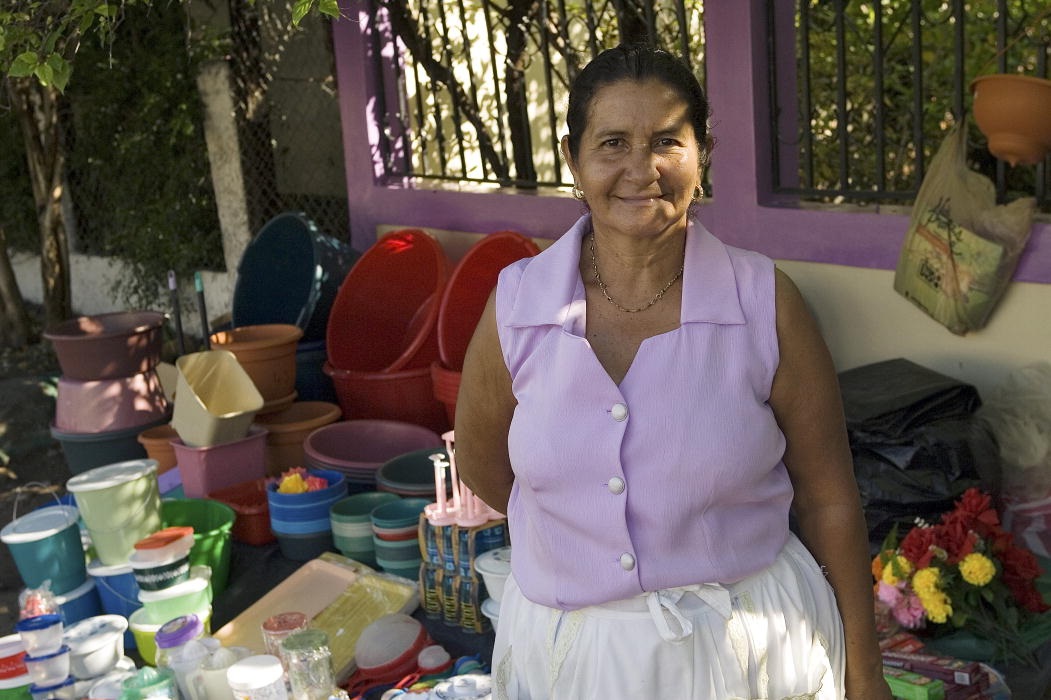
The 2030 Agenda for Sustainable Development is unprecedented in scope and significance. However, also unprecedented is the sum needed to achieve all 17 goals.
One clear message from the ECOSOC Forum on Financing for Development (FfD) Follow-up (22 to 25 May, UNHQ) was that inadequate resourcing of the Agenda is critically hindering progress. However, it was also clear that global, strategic and effective financing, although absolutely crucial, would not achieve the 2030 Agenda alone. Attesting to the complexities of poverty and strategies to eradicate it, the FfD made it clear that a holistic bottom-up approach to poverty is also required.
A universal approach to poverty involves recognising its multidimensionality, something that has been well accepted in the UN system and by Member States and other stakeholders. Social issues and different social groups are key elements of the concept of multidimensional poverty and the FfD did not shy away from committing to tackling current social concerns, among others.
The Forum recognised that social losses due to a lack of progress in achieving gender equality and women’s and girls’ empowerment are significant. In response, the FfD urged that actions should not only be gender-responsive, but that they must actively seek gender equality and women’s and girls’ empowerment.
It was emphasised that long-term orientated investments need to be complemented by measures to assist poor and vulnerable groups. To help ensure this, it was recommended that social protection systems and measures for all are well designed, effectively operated, responsive to shocks, and sustainable in the long term.
Regarding domestic and international private business and finance, the clear message was that socially responsible and accountable private business activity, investment, entrepreneurship and innovation are major drivers of productivity, inclusive economic growth and job creation. Accordingly, corporate social responsibility policies were highly encouraged by the Forum.
Although there has been progress on financial inclusion across all income groups and all regions in recent years, the Forum remained concerned about the gender gap in financial inclusion. They committed to working towards full and equal access to formal financial services for all, particularly youth, women and entrepreneurs.
Finally, the FfD reiterated the call on the United Nations system to develop transparent measurements of progress on sustainable development that go beyond per capita income, building on existing initiatives, as appropriate. It was reiterated that these measurements must recognise poverty in all of its forms and dimensions including economic, social and environmental gaps at all levels.
Therefore, although crucial, strategic and effective financing is not enough. We must have a holistic approach to poverty, taking stock of all its dimensions, including the social dimension, if we are to achieve the 2030 Agenda.
To learn more about the Division's work on poverty eradication click here.
Source: UNDESA DSPD
 Welcome to the United Nations
Welcome to the United Nations